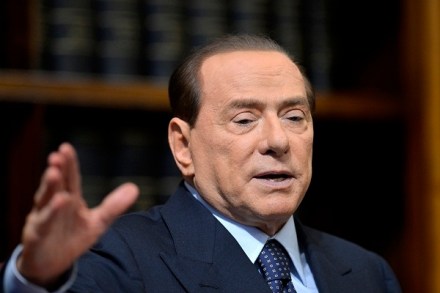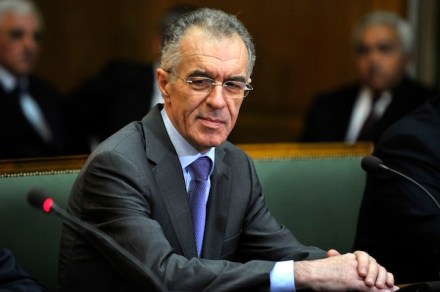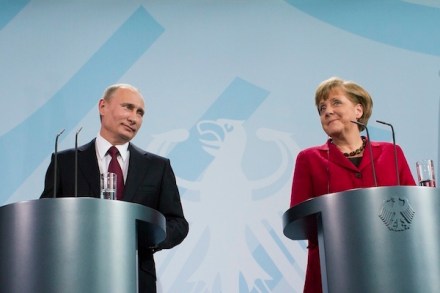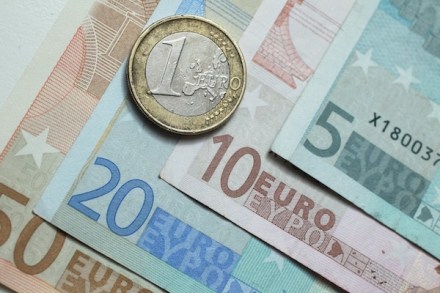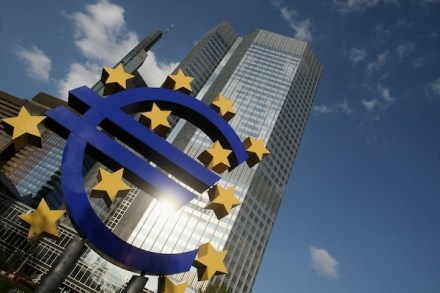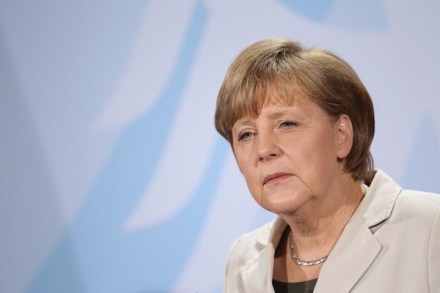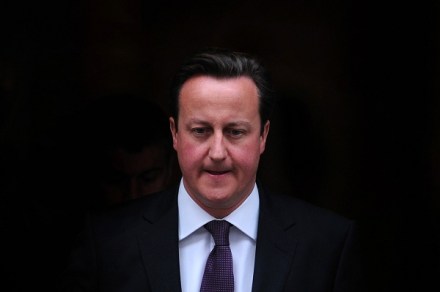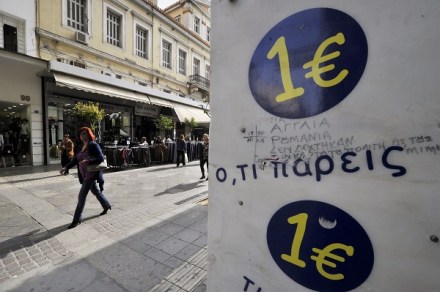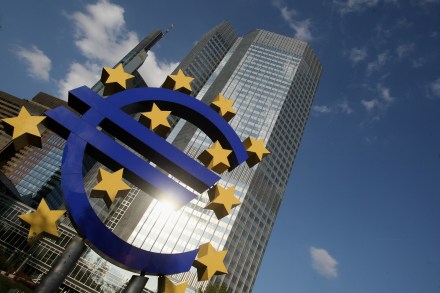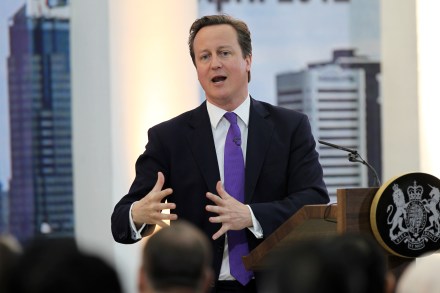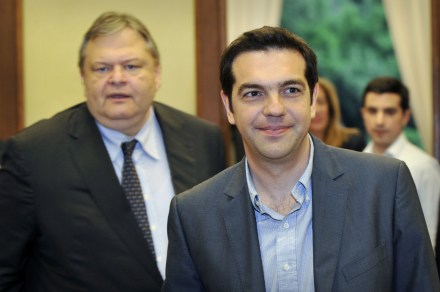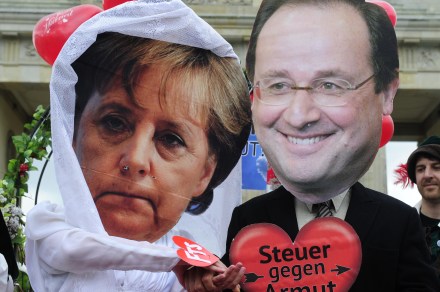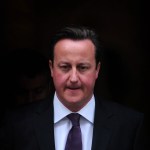Of technocrats and democrats
A former European leader was a guest at a private dinner in London recently. It was a polite and reverential occasion, but conversation grew lighter as Sauternes gave way to port. What, he was asked, is the most effective form of government? Easy, he replied, look at Europe: technocrats know best and they can ignore short-sighted voters. A battle between technocracy and democracy has broken out in Europe, as democratic Germany and technocratic Italy disagree over the next step in the euro-crisis. Last week’s G20 summit promised progress; Germany agreed to use EU bailout funds to reduce Spanish and Italian borrowing costs. It was hoped that this might inaugerate the
